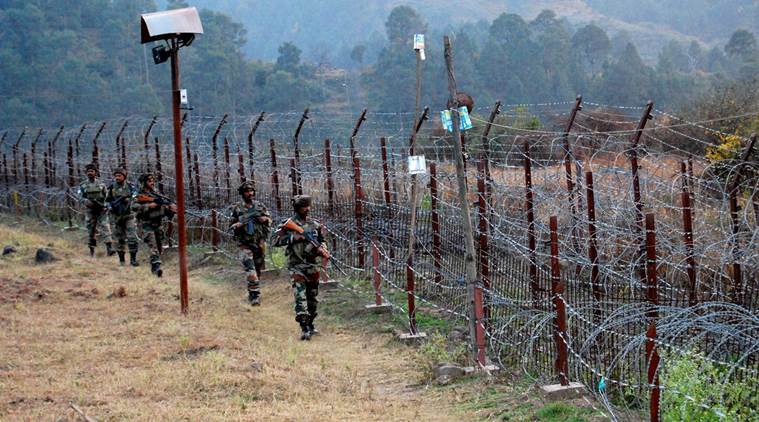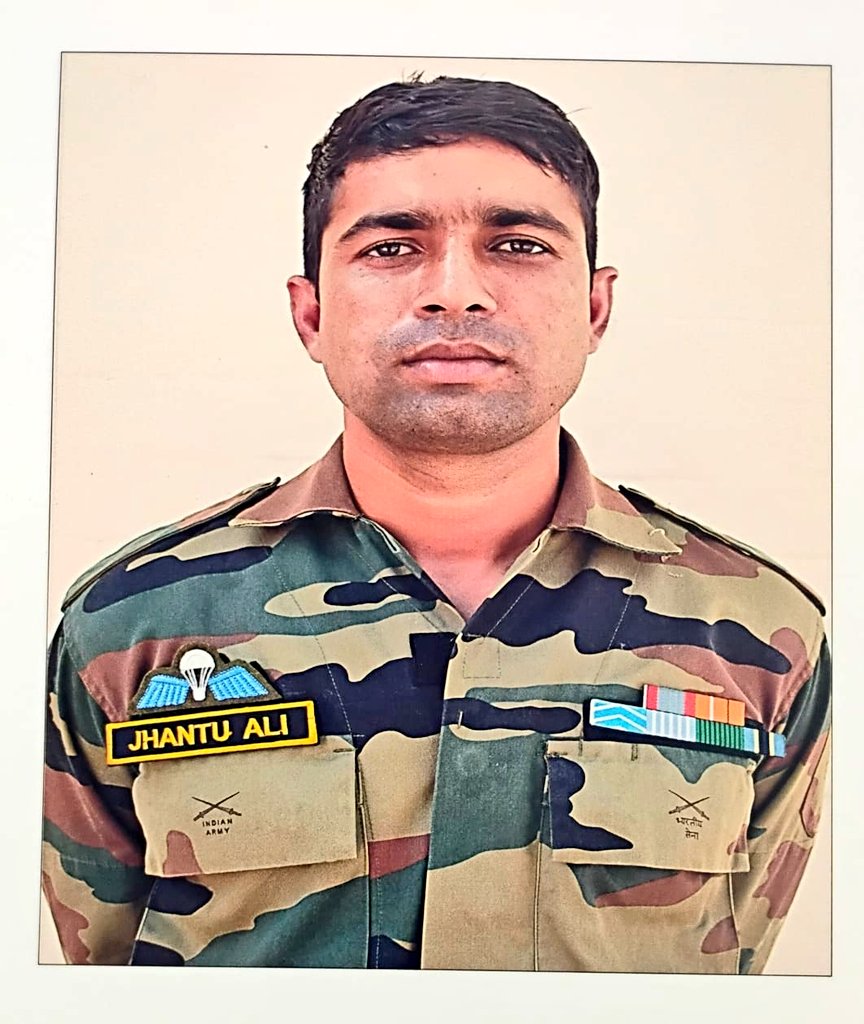Escalating Tensions: Indian Military Reports Fierce Pakistani Fire in Kashmir
SRINAGAR, India (AP) — Pakistani troops opened fire on Indian positions along the heavily militarized border in disputed Kashmir for the second night in a row, the Indian military said Saturday, amid escalating tensions between the nuclear-armed neighbors following a deadly attack on Indian tourists last week.
India has labeled the massacre — in which 26 people, most of them Indian tourists, were killed by gunmen — a “terror attack” and accused Pakistan of supporting the perpetrators.
Pakistan has rejected the allegation. The assault occurred near Pahalgam, a popular resort town in India-administered Kashmir, and was claimed by a previously unknown militant group calling itself the Kashmir Resistance.
The incident marked the deadliest civilian attack in the region in recent years. Since then, tensions have sharply increased between India and Pakistan, longtime rivals that have fought two of their three wars over Kashmir. The region remains divided between the two countries, both of which claim it in full.
The Indian Army reported on Saturday that soldiers stationed at several Pakistani military posts opened fire overnight on Indian positions along the entire Line of Control in Kashmir. According to the statement, Indian forces responded with small arms fire. No casualties were reported.
Pakistan has not issued any statement regarding the incidents, which could not be independently confirmed. Historically, both countries have routinely blamed each other for initiating border clashes in the Himalayan region.
On Saturday, daily life appeared undisturbed in Pakistan-administered Kashmir, with markets and bazaars operating normally and no visible signs of evacuations from villages near the Line of Control.

India and Pakistan Trade Retaliatory Measures Amid Kashmir Tensions
Tensions between India and Pakistan have escalated sharply following a deadly attack on Indian tourists in Kashmir, prompting a series of retaliatory actions from both countries.
India has suspended a key water-sharing treaty and shut the only operational land border crossing with Pakistan. Authorities in New Delhi also announced the cancellation of visas issued to Pakistani nationals, effective from Sunday.
In response, Pakistan revoked Indian visas, closed its airspace to Indian-owned and operated airlines, and suspended trade with its neighbour. By Friday, nationals from both countries began crossing the Wagah border near the eastern Pakistani city of Lahore to return home.
Speaking on Saturday, Pakistani Prime Minister Shehbaz Sharif warned that his country would respond “with full force and might” to any Indian attempt to divert or block the flow of shared water resources. However, he also stated that Pakistan was open to joining a “neutral, transparent and credible” investigation into the attack.
India has blamed Pakistan for supporting the gunmen responsible for the massacre, in which 26 people were killed, most of them Indian tourists. Pakistan has denied any involvement, and a previously unknown militant group calling itself the Kashmir Resistance has claimed responsibility.
New Delhi regards all militancy in Kashmir as Pakistan-backed terrorism—a claim Islamabad strongly denies. Many Muslim residents of Kashmir see the insurgency as part of a local struggle for self-determination. Armed groups have been fighting Indian rule in the region since 1989, seeking either independence or union with Pakistan.
Kashmir remains a flashpoint between the two nuclear-armed nations, both of which claim the region in full but control separate parts. India and Pakistan have fought three wars since 1947, two of them over Kashmir.
India Escalates Its Crackdown in Kashmir
Following Tuesday’s attack, Indian forces launched a sweeping crackdown in the Kashmir Valley, a stronghold of anti-India insurgency. Authorities detained and interrogated at least 1,500 individuals, according to three police officials.
On Friday night, troops carried out explosive demolitions at the homes of at least three suspected militants in southern Kashmir, residents reported. In one incident, the blasts caused extensive damage to neighboring houses, shattering windows and cracking walls from the force of the explosions.


